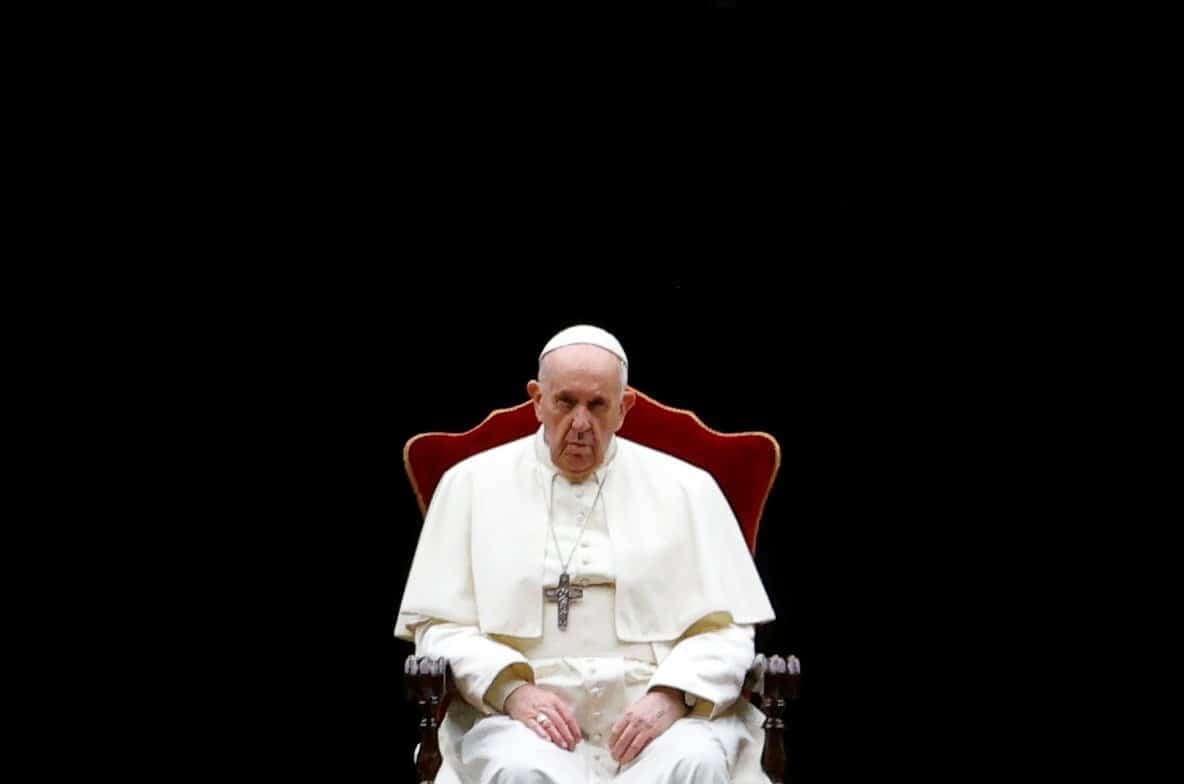In late 2017, Pope Francis made international headlines for saying one word: “Rohingya.”
On a late November trip to the Myanmar that year, he had failed to condemn the government’s treatment of the Muslim minority in the Rakhine state in the west of the country. Human rights groups, and the United Nations, have called the Myanmar government’s persecution of the Rohingya people ethnic cleansing or even genocide. The government of Myanmar denies any wrongdoing, and rejects the use of the term Rohingya, denying them an identity as a separate group.
After his time in Myanmar, Francis went to Bangladesh, home to nearly three quarters of a million Rohingya refugees. There he addressed the Rohingya by their own name, as he had done earlier during addresses in Rome.
Popes are not only spiritual leaders for over a billion Catholics throughout the world—they are also diplomats. Popes often take on moral leadership on behalf of people facing oppression, both when they speak in Rome and during international trips.
For example, Pope St. John Paul II’s open opposition to Chilean dictator Augusto Pinochet caused violent clashes and gunfire to break out during a Mass he celebrated in Chile. Pope Francis crossed the front lines of an active war zone in the Central African Republic, visiting a mosque at which two people had been shot earlier that day. Perhaps most famously, historians look to St. John Paul II’s visit to Poland in 1979 as the beginning of the end of communist rule in his home country.
Given this role of the pope as an international moral figure, Francis’ near silence on China’s treatment of the Uighur people is surprising.
A Muslim ethnic group concentrated in China’s northwest Xinjiang province, the Uighurs have been a thorn in Beijing’s side for some time. For decades, the Chinese government has attempted to homogenize the country according to the culture of the Han majority; the Uighurs are among the most prominent minority groups who have bucked against what they see as an assault on their unique way of life.
In the past few years, the Chinese government has conducted “mass detention and unending surveillance” of Uighurs, which includes imprisoning nearly one million Uighurs in internment camps. As with the Rohingya, human rights groups, and the US government, have gone so far as to call China’s policy toward the Uighurs a genocide.
At the same time, Francis has sought warmer relations with Beijing. In 2018, the Holy See signed a deal with the Chinese government that seemed to set a path toward cooperation between Rome and Beijing on the appointment of bishops, long a point of contention between the two sides. Observers believe Francis’ goal is to unite China’s Catholics, who up until now have been divided into a state-sanctioned hierarchy and an underground church led by Rome-approved bishops.
Likely as a result, Francis has been mild in his criticisms of China’s human rights abuses. Despite his many overtures to faith leaders around the world, notably the Ecumenical Patriarch of Constantinople, the Archbishop of Canterbury, the Sheikh of Al-Azhar, and Grand Ayatollah Ali Al-Sistani, he has avoided meeting with the Dalai Lama, a towering moral figure whose own Tibetan people have faced China’s persecution like the Uighurs. Francis has been silent on China’s crackdown on protesters and democracy activists in Hong Kong.
And, he has only recently addressed the Uighur situation, referring to them as a “persecuted” people, but this took the form of a passing mention in his new book.
Doubtless there are differences between the Uighur situation and other human rights crises popes have faced. Though a superpower, the Soviet Union of John Paul’s day was already wobbly and would soon see a rapid decline. China, on the other hand, seems to be on the ascendency in its global importance. John Paul had grown up in Poland under Soviet control, and had seen firsthand the reality of Soviet rule, whereas Francis has no personal connection to China. Unlike the Catholics of Poland, formally members of John Paul’s own flock, both the Rohingya and Uighurs are predominantly Muslims, for whom Francis can only speak somewhat indirectly.
Perhaps most of all, Francis is a pope bent on reconciliation. We can see his desire to bring people together in his efforts to build strong relationships with other Christian sects and Muslim leaders. He has also served as a mediator in international conflicts, helping to thaw relations between the US and Cuba as well as helping to bring peace to Colombia. Francis likely hopes that a friendship between the Holy See and the world’s most populous country may bear fruit down the road, and that good relations between Chinese Catholics and their government will ensure their safety more than the confrontational status quo.
Whatever his reasons, Francis’ China policy has drawn both supporters and vehement critics. An outspoken pope’s silence on the moral challenges of the world’s largest country will remain jarring. Despite his desire for reconciliation, in his delicate dance with China, Francis will likely earn as much ire as he does praise.


